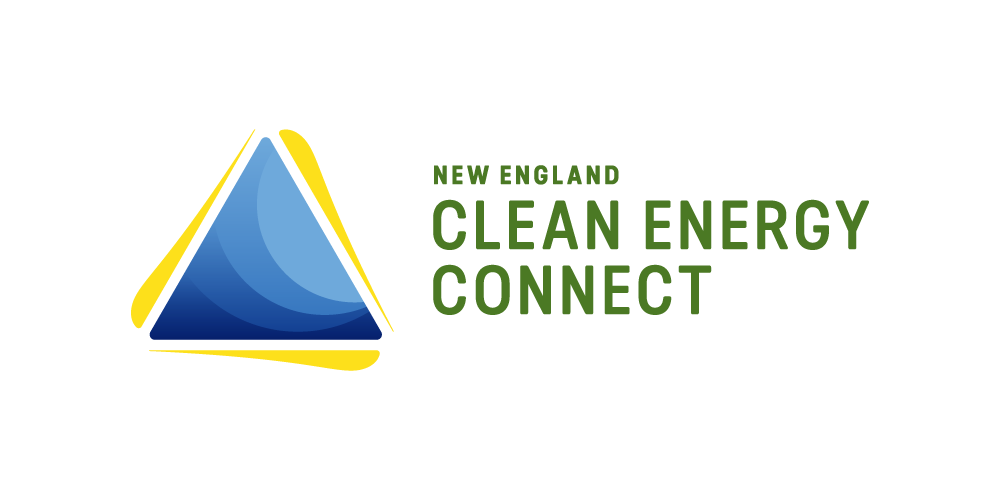Read the Maine high court’s ruling on the CMP corridor
Maine Supreme Judicial Court sends CMP corridor case back to lower court
Energy Matters/ Question One and the Climate
Our motivation for writing the “Energy Matters” column has always been climate change. Period. Mostly, we have tried to address practical issues that might help a typical consumer make rational choices about energy use. For example, we wrote about how heat pumps work and how much money and energy they can save you. We have tried to stay away from more controversial issues, but the time seems to have come to talk about the NECEC powerline and Question 1 on the November referendum.
Letter to the editor: Don't let disdain for CMP stop renewable energy
Our Viewpoint: No on Question 1
This week, probably the worst rainstorms in regional history are lashing the West Coast. They are likely yet another result of a rapidly changing climate that is bringing harsh and unpredictable turmoil to our weather.
The warming atmosphere and the rising seas are a crucial index of the change that is unfolding, and will profoundly alter the lives of generations to come. The earth is warming, and it is in peril.
Consider the Planet, Vote "no" on Question 1
John Bonneau: Vote no on Question 1, reduce carbon emissions
Elliott Epstein’ column is always well written, thoroughly researched and informative, but never more so than Oct. 17’s contribution (“Question 1 will be answered by emotion not logic“).
Mr. Epstein points out that global warming is a major player in this vote. The fact that almost no one has given voice to this issue does not make it less critical. We, meaning all of us, are running out of time to reduce carbon emissions before it is too late.
Paul Baribault: Say no to Question 1, fossil fuel interests
Letter to the editor: Question 1
A 'No' vote will bring cleaner air, revenue to Maine
Our endorsement: Vote 'no' on Question 1 to fight climate change
Letter to the editor: Turkel article makes clear that plan won’t alter public land
Tux Turkel’s article (Oct. 17) examines the central question in a recently decided Superior Court case holding invalid the Bureau of Public Lands’ lease of public land to Central Maine Power. Though the decision is on appeal and thus not final, the case is being ballyhooed by opponents of New England Clean Energy Connect.
Opinion: Retroactively stopping approved public projects is dangerous policy
Letter to the editor: Consider our environment and vote ‘no’ on 1
This letter is aimed at those in the state of Maine who are seriously concerned about our environment, especially our air quality.
This issue concerns me as a retired civil engineer and a registered Maine Guide. The proposed Central Maine Power transmission line will bring electric power, generated by hydro facilities already constructed and producing, to the New England power grid.
Don't follow Maxmin's path, vote no on 1
On Oct. 4, Senator Chloe Maxmin discussed at length her opposition to the clean energy corridor and her support of Question 1 with constituents at a coffee chat.
Just a month ago, on social media, Sen. Maxmin nobly supported and celebrated her alma mater, Harvard University’s decision to totally divest from fossil fuels. How ironic and hypocritical it is that she continues to join forces with Texas and Florida based fossil fuel giants NextEra, Calpine, and Vistra in supporting their ballot question to block the clean energy corridor.
No on Question 1: The referendum is an overreach that could have far-reaching negative implications
The primary aim of Question 1 is to stop the New England Clean Energy Connect, a transmission line that would run for 145 miles across western Maine to bring hydro-electricity from Quebec to Massachusetts. The Bay State is paying for the project as part of its clean energy plans. Some of this cleaner power will flow to Maine, along with a package of benefits, including investments in broadband, heat pumps and education.
Letter to the editor: Power corridor could be more asset than detriment
Letter to the editor: Concerning the NECEC power line
Big oil’s lobbyists (the natural gas companies) have done an amazing job of lobbying Maine people. In the spring of 2018, before big oil started placing the thousands of “No CMP Corridor” signs on roadsides all over Maine, public opinion on the CMP Corridor appeared mostly neutral. Now, when viewing the results of past local municipal votes on the CMP corridor around the state, a lot of Maine people now seem opposed. Big oil’s lobbyists have convinced thousands of Maine people that burning fossil fuel to generate electricity is better for the environment than using Canadian hydroelectricity.
Ellen Field: Retroactive law changing sets dangerous precedent
Question 1 is written in a deceptive, confusing way. There are multiple different issues in one question.
What if a voter wants to allow the New England Clean Energy Connect project to go forward but is horrified at the idea of “retroactive voting”? The question should simply be “yes” or “no” on the corridor.
